#Batterygate rears its ugly head once again
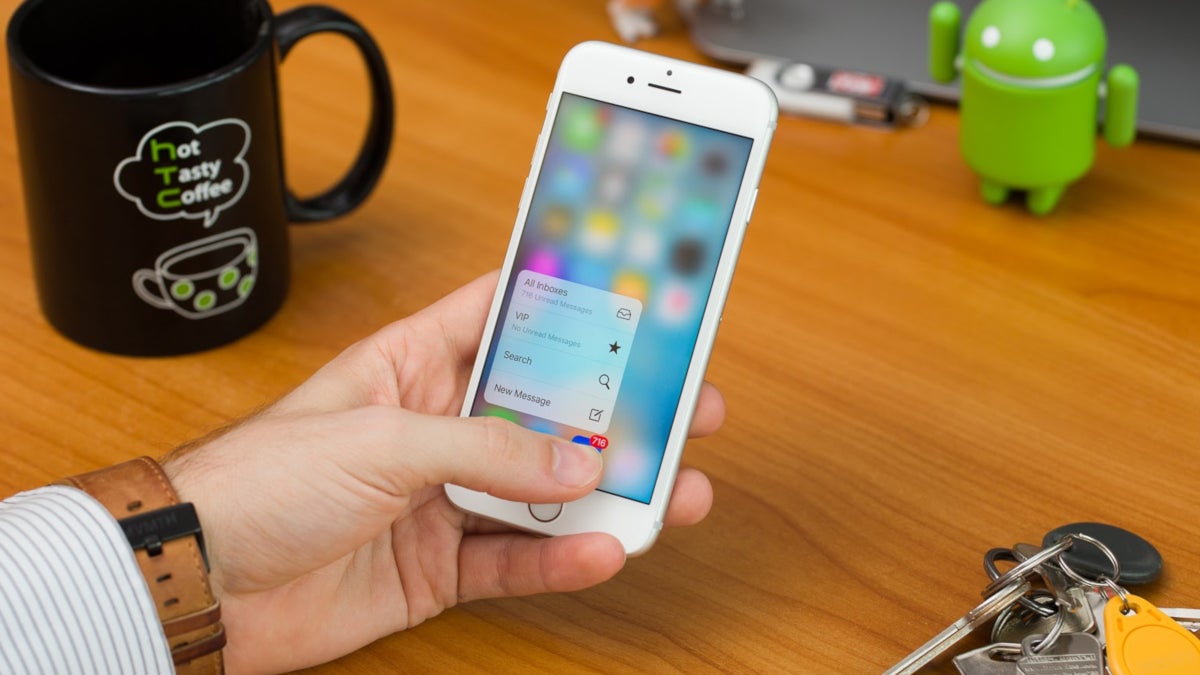
Reuters reported on Wednesday that five European consumer organizations have filed class-action suits against Apple in Belgium and Spain. Over the upcoming weeks, the groups plan on suing the manufacturer in Italy and Portugal. The plaintiffs seek 180 million euros ($217 million) and claim that Apple mislead consumers about the battery life of various iPhone 6 models.
#Batterygate rears its ugly ahead again, this time in Europe
What later became known as #Batterygate started in 2016 when users of different iPhone 6 models noticed that their phone would shut down after asking it to handle a complex and processor-heavy task. Making matters worse, these units had batteries that were weak and getting weaker. Without the power needed to turn the processor dial to "11," these iPhone units would reboot. So Apple pushed out iOS 10.2.1 which was a Trojan Horse. Consumers didn't know it at the time, but the update allowed Apple to throttle down those iPhone models with weaker batteries. By throttling processor speed, the batteries no longer had to strain to support the processor reducing the need for these units to shut down. However, the slower processing speeds led some iPhone owners to believe that Apple had purposely slowed down how fast these models were running in order to generate more sales.
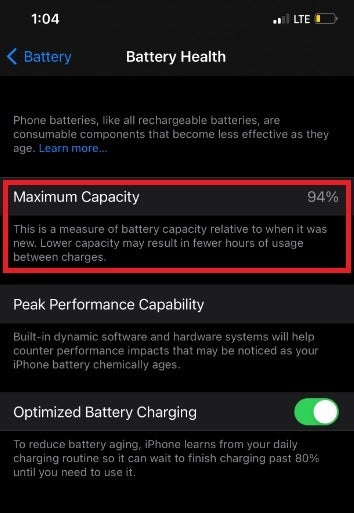
In iOS 11.3 Apple added a Battery Health meter to allow users to know if the battery in their iPhone is weakening
While Apple was being accused of planned obsolescence, it denied that it would ever do anything to shorten the battery life of its products. In December 2017, Apple apologized about secretly throttling these older iPhones and lowered the price to replace batteries on certain models by as much as 63% to $29. But that wasn't enough for several U.S. iPhone users who took Apple to court. This past summer, Apple reached a settlement that pays $25 to the owner of each eligible device. Those phones include U.S. iPhone 6, 6 Plus, 6s, 6s Plus, and/or SE devices that ran iOS 10.2.1 or later before December 21, 2017. Also included are U.S. iPhone 7 or 7 Plus devices that ran iOS 11.2 or later before December 21, 2017. The settlement, which could pay U.S. consumers as much as $500 million, still requires court approval. And last month, over 30 states won a combined lawsuit that Apple settled for $113 million without admitting guilt.
And that brings us to yesterday's news about the new suits being filed in Europe. Els Bruggeman, head of policy and enforcement at consumer organization Euroconsumers, said, "Consumers are increasingly upset by products wearing out too quickly, the iPhone 6 models being a very concrete example of that. Not only does it cause frustration and financial harm, from an environmental point of view it is also utterly irresponsible."
To prevent a repeat of #Batterygate in the future, with the release of iOS 11.3 back in 2018, Apple added a Battery Health meter that you can find by going to Settings > Battery > Battery Health. You will see a reading in percentage called Maximum Capacity. When you first receive your iPhone, this will be at 100% and as time goes by, this number will show you the percentage of maximum battery power that you now have on the phone compared to when the device was new. As Apple says, "Lower capacity may result in fewer hours of usage between charges." On the same page, you have the option to toggle on Optimized Battery Charging. This feature learns your daily charging routine and won't charge the iPhone battery past 80% until it computes that the battery will hit 100% exactly when you normally take the device off the charger. This can be disabled if you need the phone fully charged ASAP. This feature extends the life of an iPhone battery by reducing the time it needs to trickle charge; the latter is used to maintain the battery at 100% and can shorten the life of an iPhone battery.
Follow us on Google News







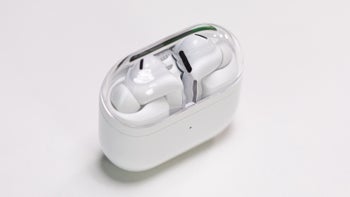
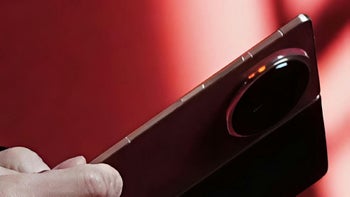
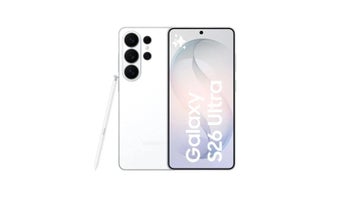
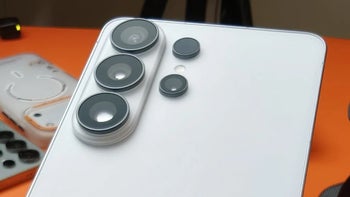

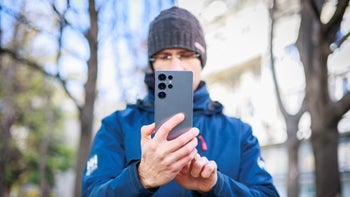
Things that are NOT allowed:
To help keep our community safe and free from spam, we apply temporary limits to newly created accounts: